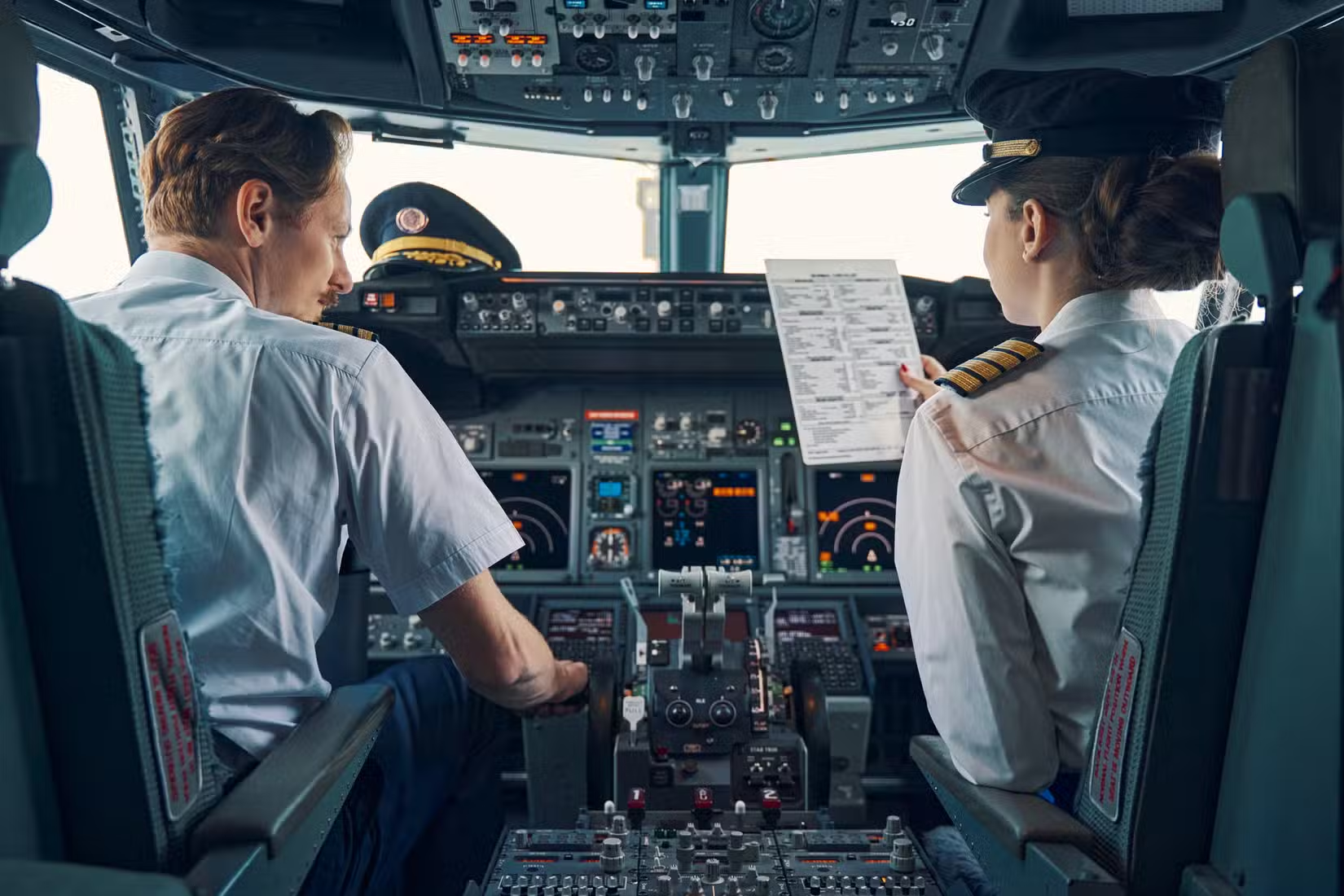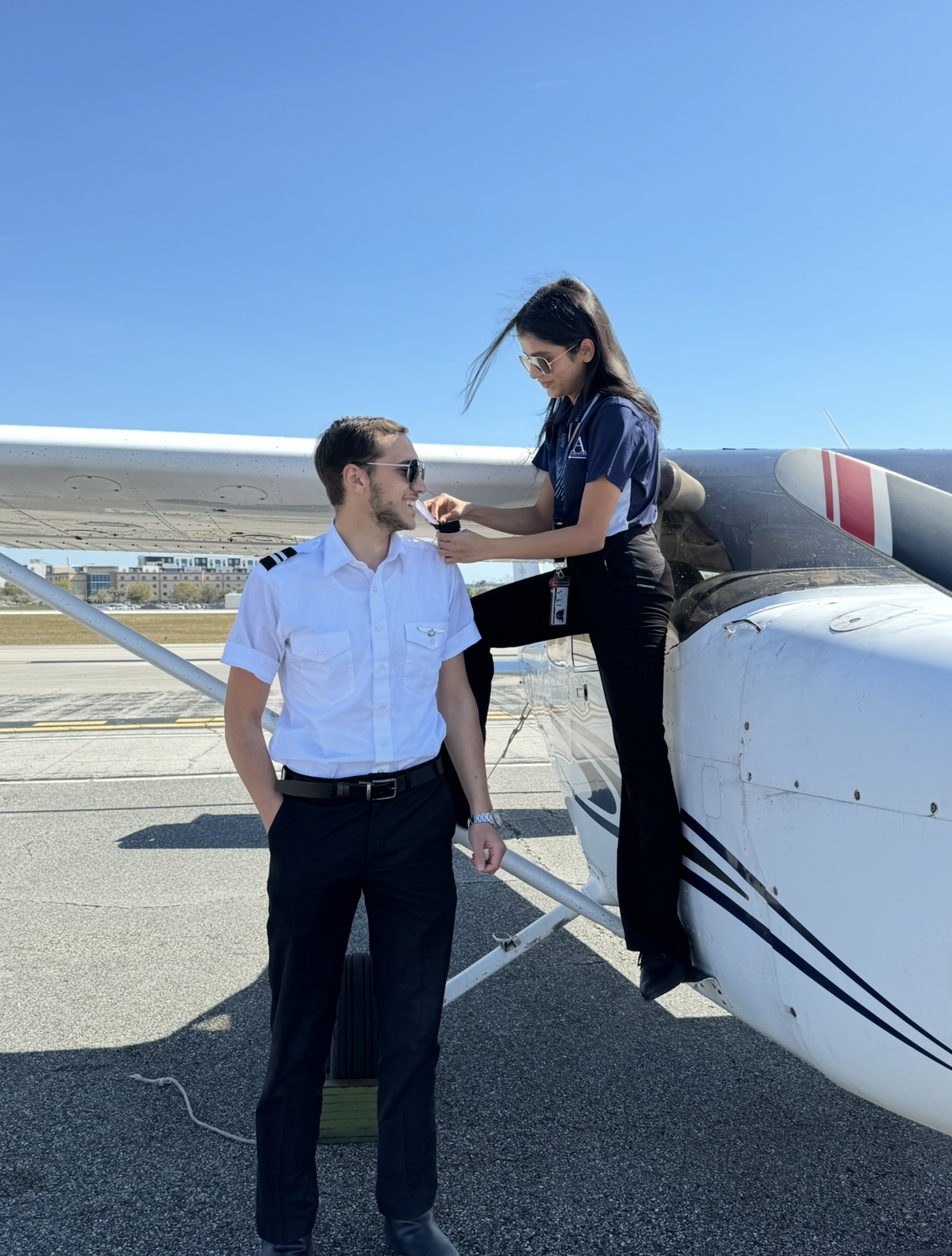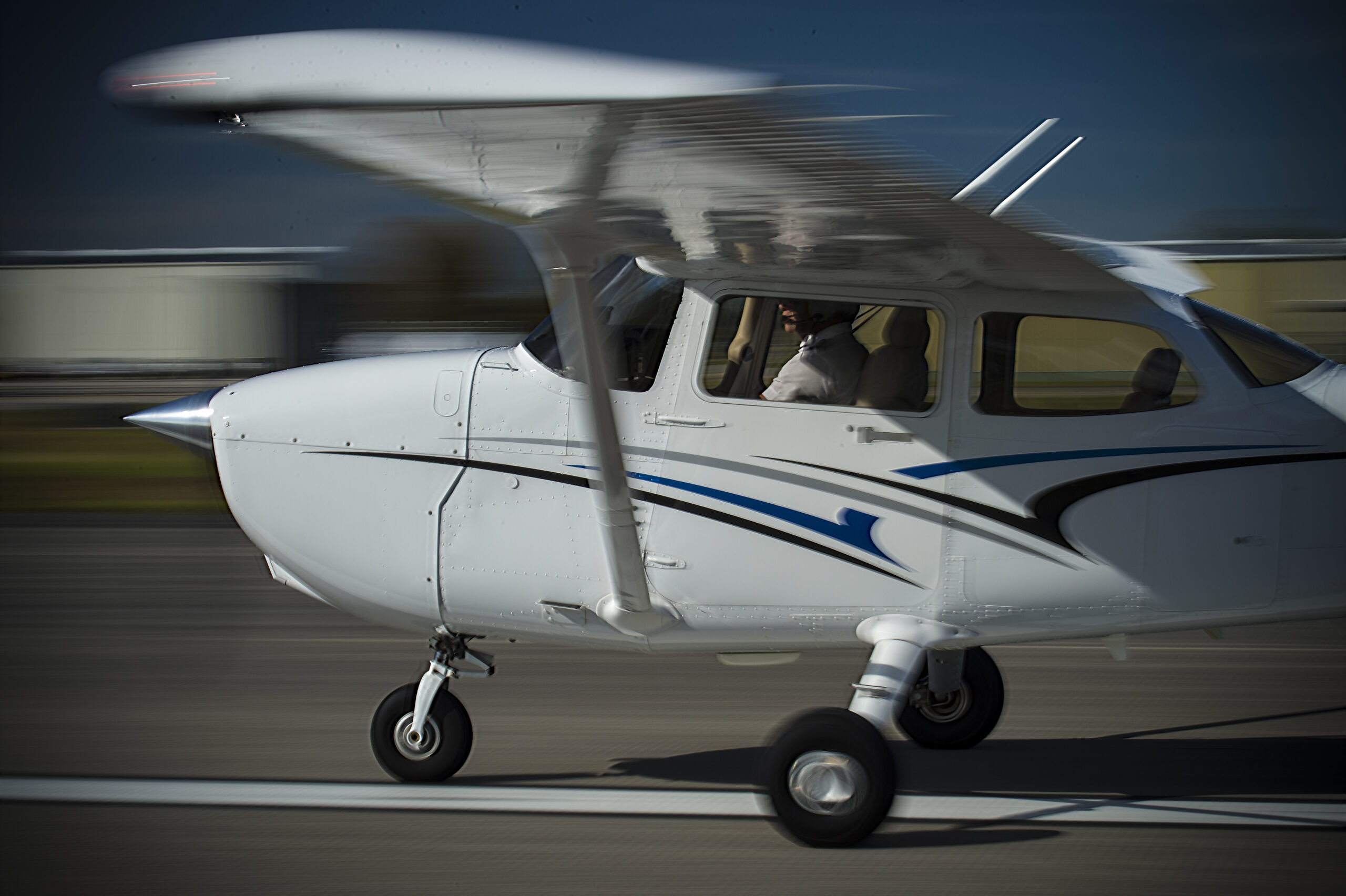5 Non-Airline Pilot Jobs to Consider
As the old saying goes, “sky is not the limit, it is only the beginning.” This quote resonates with many aviators, particularly those beginning their journey at Phoenix East Aviation. It serves as a reminder that the opportunities are as boundless as the sky itself in the aviation industry, and a career as a pilot can take you far beyond the traditional route. Flight Instructors, Charter pilots, Corporate pilots, MedEvac pilots, and Sightseeing pilots represent just a few of the many exciting career paths available to pilots. Each of these specialities have their own unique set of challenges and rewards, attracting passionate pilots who are interested in a less conventional flying career. Let’s take a look into these 5 non-airline pilot jobs to consider.
Charter Pilots
Aspiring pilots seeking a dynamic and versatile career may find interest in becoming a charter pilot. Charter pilots have a unique profession, offering pilots the flexibility to navigate between different environments depending on the nature of their flights. Charter flights operate under either Federal Aviation Regulation (FAR) Part 135 or Part 91, the key difference is understanding that Part 135 operations can be done for commercial purposes, whereas Part 91 cannot.
Charter flights are distinguished by their unique approach to air travel, where an entire aircraft can be rented for a trip, rather than purchasing individual seats as in commercial flights. This allows for a more personalized and flexible travel experience. When operating under Part 135, charter pilots can engage in commercial activities, similar to cargo pilots, adhering to rigorous operational, safety, and maintenance requirements. However, charter flights operating under Part 91 operations if they are conducted for non-commercial purposes. If you are interested in learning more about both Federal Aviation Regulations charter flights have the ability to operate under, take a look at PEA’s February 2024 newsletter.
Corporate Pilots
Corporate flying is another non airline pilot job an individual may want to consider. Corporate pilots play a crucial role in the aviation industry, as they have the responsibility to fly company executives on local, cross-country or even international flights. Having the ability to fly a range of different multi-engine aircraft, require a high level of skill and versatility, making the role of a corporate pilot both exciting and high demanding.
The role of a corporate pilot requires technical expertise, adaptability, and professionalism. They are expected to navigate through a wide range of weather conditions and operate in and out unfamiliar airports across the world. There is a dynamic nature of corporate aviation, integrated with opportunities to varied destinations, that attracts pilots who are committed to delivering service in the high-stakes world of business travel and beyond.
MedEvac Pilots
MedEvac pilots play a crucial role in the healthcare system, serving as a vital link between patients in critical condition and the medical care they urgently need. These pilots navigate their aircraft through challenging conditions to reach those in need and in dire situations. Their importance cannot be overlooked, especially in scenarios where common medical facilities are not readily accessible.
Operating in critical environments, MedEvac pilots are often utilized to transport patients from remote locations, accident sites, or smaller hospitals to specialized care centers. Their ability to respond quickly and navigate efficiently can mean the difference between life and death for many patients. These pilots must not only possess the proper licenses and skills, but also the composure to remain calm under pressure, often working hand in hand with medical crews to ensure the safe and timely delivery of patients to appropriate medical facilities.
Overall, medevac pilots are the glue between aviation expertise and lifesaving healthcare services, and this career is another non-airline pilot job an individual may want to pursue after their flight training is completed.
Sightseeing/Tour Pilots
Sightseeing or tour pilots have a unique perspective on travel and sightseeing, providing their passengers with unforgettable experiences from the air. A job as a sightseeing pilot provides the opportunity to fly along scenic routes, showcasing breathtaking scenery, landscapes, and even historical landmarks to tourists. The role of a sightseeing pilot extends beyond simply flying an aircraft; tour pilots serve as aerial guides, offering insightful information on sights below and answering questions about the areas being explored.
Sightseeing pilots typically follow a predetermined flight path that begins and ends at the same airport, and help create a captivating journey for their guests. In some cases, sightseeing pilots may accommodate passengers by dropping them off at specific locations, and then returning later for a pickup. While many of these pilots work with tour companies that handle marketing and customers, some choose to work independently. A sightseeing pilot who chooses to work independently crafts their own unique aerial experiences for passengers. Regardless of their employment arrangement, whether it be contracted or independent, these pilots combine their passion for flying with hospitality, ensuring that each flight is not just a means of transportation, but a memorable adventure for those on board as well.
Flight Instructor
 Flight instructors are the cornerstone of aviation education, playing a vital role in shaping the next generation of pilots. They go beyond simply teaching the mechanics of flying; they instill a deep-rooted culture of safety and professionalism in their students. For pilots who are looking to remain in the education realm of the aviation industry, this is one non-airline pilot career to consider. At Phoenix East Aviation, the journey from student pilot to flight instructor is often seamless. Those who complete the required flight training, such as obtaining their instructor ratings, have the opportunity to then apply to become a flight instructor with the school.
Flight instructors are the cornerstone of aviation education, playing a vital role in shaping the next generation of pilots. They go beyond simply teaching the mechanics of flying; they instill a deep-rooted culture of safety and professionalism in their students. For pilots who are looking to remain in the education realm of the aviation industry, this is one non-airline pilot career to consider. At Phoenix East Aviation, the journey from student pilot to flight instructor is often seamless. Those who complete the required flight training, such as obtaining their instructor ratings, have the opportunity to then apply to become a flight instructor with the school.
While many aspiring pilots set their sights on flying for the airlines, the role of a flight instructor offers its own unique set of rewards that can be equally, if not more, fulfilling for some. One of the most significant benefits of choosing this career path is the satisfaction that comes from teaching. Flight instructors have the privilege of witnessing their students’ growth firsthand, from their first flight to completing their first solo flight and beyond. This can feel rewarding to many. Flight instructing also provides a more balanced lifestyle compared to the demanding schedules of an airline pilot. Instructors typically have more consistent work hours and the ability to be home each night – which some individuals may prefer. This allows for a more stable routine and better work-life balance. This regularity can particularly appeal to those who value spending time with family or pursuing interests outside of aviation.
Ultimately, becoming a flight instructor embodies both the love of aviation one has and a passion for continuing to propel the industry forward by training future generations of pilots.
Pursuing a career that you love is essential, as it transforms work into a rewarding journey. For many, the dream of becoming a pilot represents such an opportunity – a chance to soar both literally and figuratively in their professional lives. However, the world of aviation offers many paths beyond the flight deck of a commercial airliner. As aspiring pilots look to take on the sky, it’s worth considering the five non-airline pilot careers discussed above. By boarding their horizons, pilots can discover a niche that not only matches their skills, but also aligns perfectly with their personal goals and interests, ensuring that everyday in the sky feels less like work and more like living the dream.




